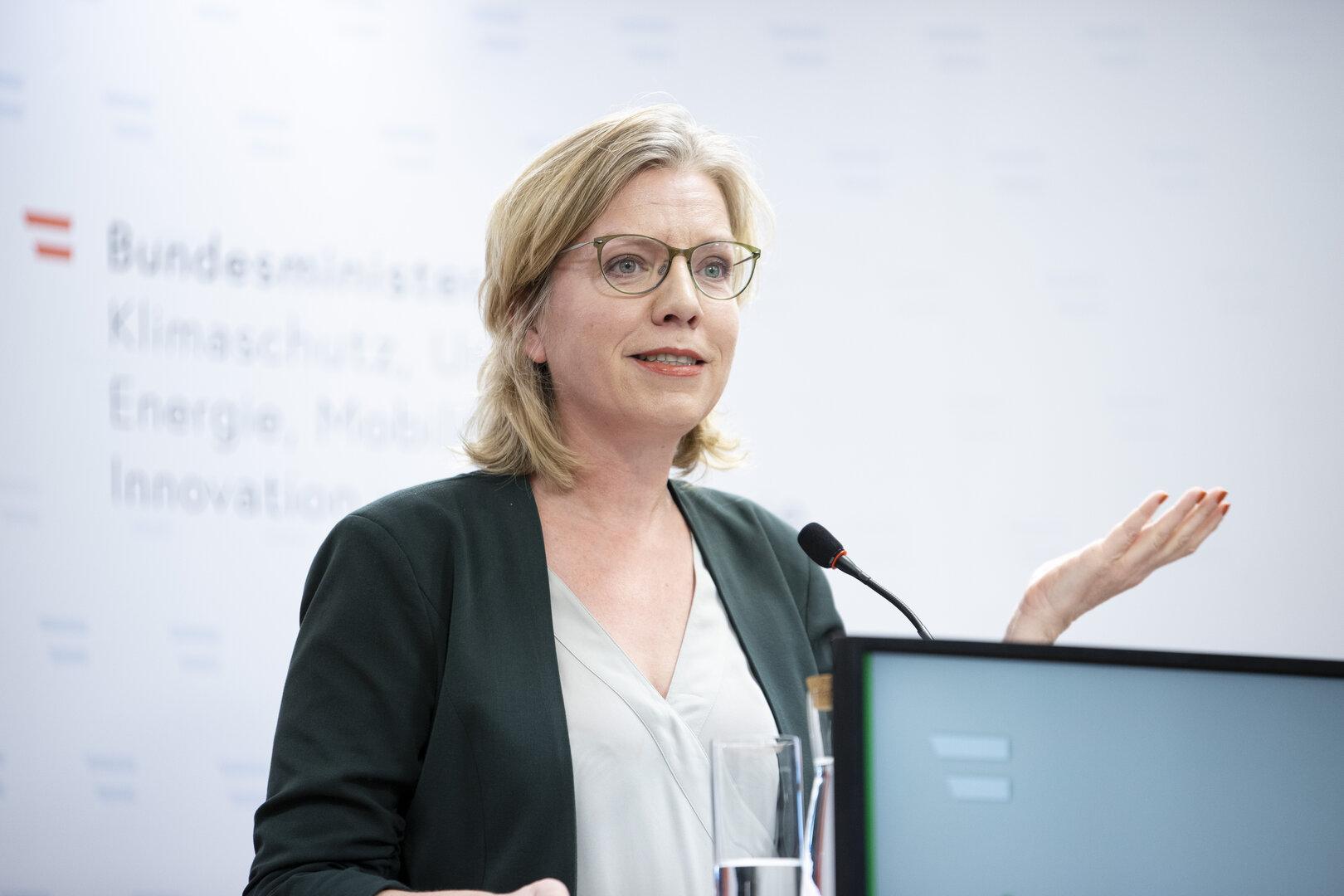At the beginning of the Russian war of aggression, Austria’s gas suppliers were able to claim “force majeure”. So on ein an extraordinary, rare event that was not to be expected. By citing force majeure, they were able to avoid their delivery obligation and any possible compensation.
This is “highly likely” no longer true today.
This is the conclusion reached in a new report commissioned by the Ministry of Energy (BMK), prepared by lawyers Niederhuber & Partner. This is available to the COURIER. It is said that a stop or quantitative restriction on gas imports from Russia is no longer unforeseeable or unavoidable. Reason: The suppliers would have the opportunity to obtain replacements in a timely manner in the form of non-Russian gas.
If the energy company fails to do this and is no longer able to supply gas in an emergency, the buyer has the option of withdrawing from the contract or demanding compensation. In the event of a war-related delivery failure or bottleneck, suppliers are threatened with major financial damage.
“Too little to rely on”
“The hope, of course, is that the gas suppliers will take precautions themselves against this background and secure gas from alternative sources,” says energy expert Walter Boltz to the COURIER. But relying on that is not enough for politics, says Boltz. He does not assume that less financially strong or responsible suppliers will also react to the report. “Individual companies will continue to rely on the fact that the delivery failure will not occur anyway.”
If many customers were to sue them in an emergency, they would probably have to file for bankruptcy. Then a lawsuit would be of little use to households or small businesses that rely on affordable gas. And: The BMK is ultimately responsible for supplying customers. “That’s why, from the customer’s and the minister’s perspective, the obligation to diversify is so important,” says Boltz.
ÖVP position on the gas phase-out “a horror fairy tale”
This one, from the Minister of Energy Leonore Gewessler The proposed change in the law (Greens) provides, among other things, for a gradual phase-out of Russian gas by 2028. The ÖVP rejects the draft law. In its justification, it points to 30 percent higher energy prices if Austria foregoes Russian gas.
Boltz cannot understand the ÖVP position and speaks of a “horror fairy tale”. “There are enough alternative gas capacities, and OMV is also very relaxed here. If we exit Russian gas with a clear schedule and the necessary preparation, it will have almost no effect on prices,” says Boltz. If deliveries from Russia were suddenly interrupted and without preparation, price jumps of 15 to 20 percent could be expected.








